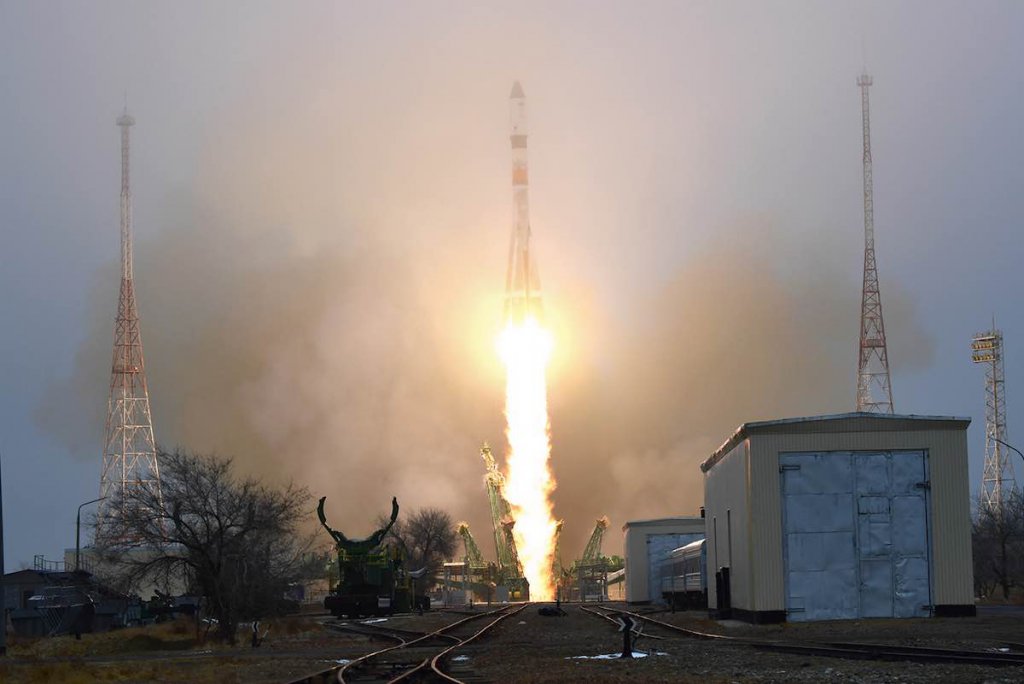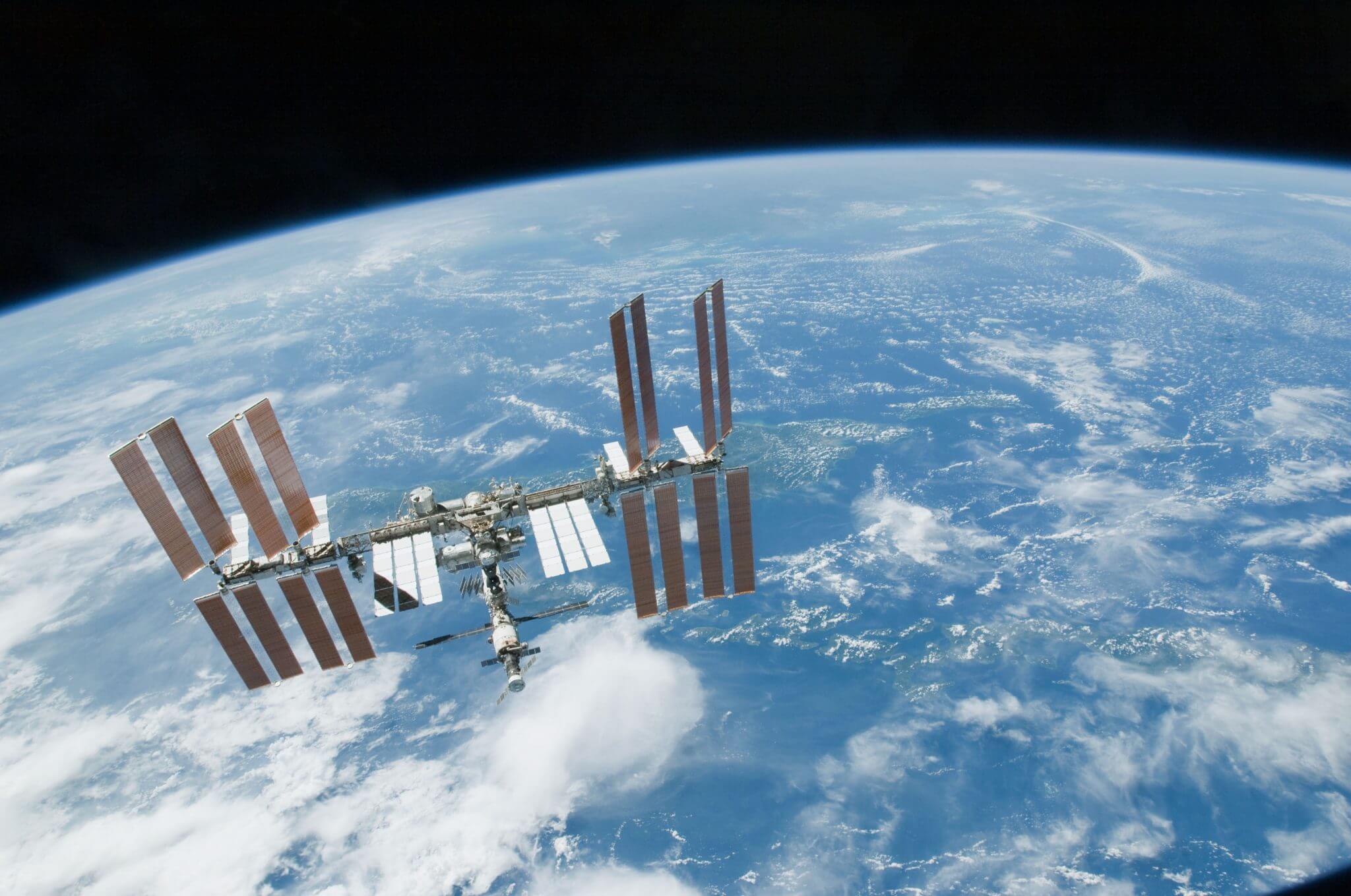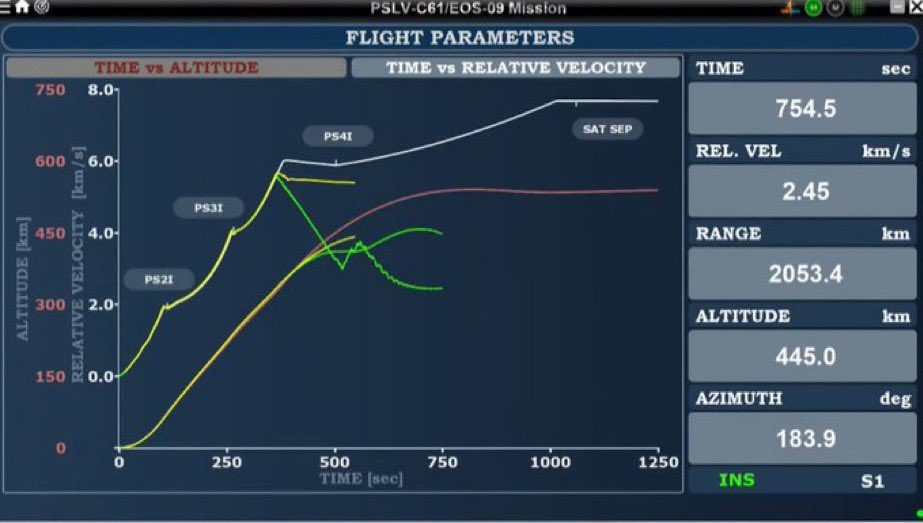The Progress MS-16 cargo craft was successfully launched from the Baikonur Cosmodrome near Tyuratam, Kazakhstan at 0445 GMT on 15 February. The spacecraft was carrying cargo to the International Space Station (ISS).
The craft used the standard two day rendezvous mission plan to reach the station rather than the faster six hour one. While the plan was to dock with the ISS Pirs module at circa 0620 on 17 February 2021 at unexpected roll manoeuvre during the final approach resulted in a switch from the automatic Kurs rendezvous system to the remotely controlled TORU system which allows the Progress spacecraft to be manually controlled by a cosmonaut (in this case Sergei Ryzhikov) from within the ISS. He made the cargo craft back away to a distance of 30 m before controlling it to a full docking a few minutes later at 0926 GMT. This was fully locked at 0932 GMT.
The fault is thought to have been possibly been caused by the caused by ASF antenna used during the rendezvous being bent by falling debris during the Soyuz fairing separation (a similar incident is reported to have taken place during the Progress MS-15 launch which also flew on a Soyuz 2-1a).
The Progress MS-16 craft carried 2,460 kg of cargo consists of 1,400 kg of dry cargo including food, experiments and a leak detector, 600 kg fuel, 420 kg water and 40.5 kg of oxygen and other gases.
Post Script: NASA has approached Roscosmos for the purchase of a “ride” on a Soyuz launch to the ISS as a back up in case NASA’s commercial crew services supplied by SpaceX and Boeing fail. The purchase will not be a cash transaction but would be more a quid-pro-quo transaction of transportation services.







